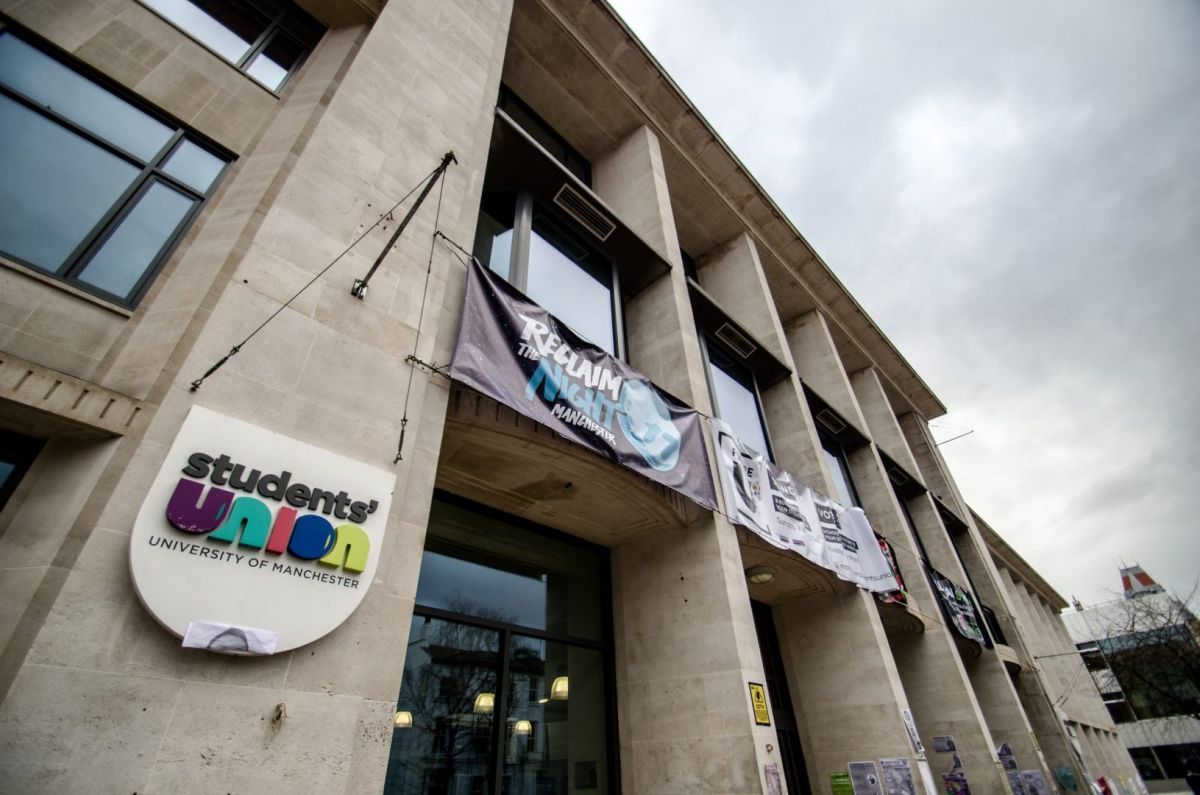An unsavoury taste: the Students’ Union elections

Pizza, fries, milkshake, pie… It all sounds like you’re perched on a stool in an American diner. But no, this is not the menu of the new restaurant on campus, nor is it my food diary for the past week. This, believe it or not, is your Students’ Union election voting pamphlet. Yes, that’s right: instead of the traditional officer roles that annually occupy the tree-space outside the Ali G, this year we are voting for obesity.
Okay, perhaps I exaggerate. However, take yourself over to the Students’ Union’s website and I promise you, you will find the exact phrase “daily incentives“, followed by an enticing list of potentially mouth-watering options, or a serious health risk, depending upon your point of view.
I hate to mention that which should not be named, but if there is surely one thing that we should have learnt from Brexit, it would have been to encourage people to embark on some form of research before signing the dreaded ballot paper laden with the power to change all of our livelihoods.
I will accept a certain amount of disagreement with the fact that the results from the SU elections are not overly comparable to a potential split from the European Union. However, we all saw the numerous testimonies of those who voted to leave and yet, quote, “To be quite frank, I did not believe it would happen”.
Whichever side you vote for, and for whichever campaign, the central most important element of such a process is that you are given a choice, and that you make the best choice for you.
The only way you can do that is, if you have completed and understood a certain amount of research and consequently you agree with the choice you are making. In my opinion, only then would the result be a fair representation. To cast a vote without understanding what for completely undermines the entire process.
Therefore, I have to say that I fundamentally disagree with this incentive process. You cannot grab people sauntering out of lectures, or swanning past the SU, dangle a slice of pizza in front of their face, and promise the prize, so long as they can pin the tail on the donkey, and pop a cross somewhere on the electronic screen in front of them.
If people have not researched the candidates, if they do not understand the roles themselves, they have a one in however-many-candidates-are-running chance of ticking the box that applies to them and to their beliefs.
The past two years and eight months have cast a political shadow over our country. This is not because we voted a certain way, but because people voted without understanding what for. It therefore casts doubt as to whether the outcome resonates with the majority of the population, as a voting system is designed to determine.
I agree, electing the new General Secretary, Women’s Officer and so on, as important as it is, is not the same as choosing whether to leave a political and economic partnership which will have repercussions for trade, the economy and state relations.
Nonetheless, I cannot help but feel, that encouraging positive habits and a positive attitude towards elections at this age may help prevent future democratic disasters, such as that for which the majority of our stomachs are simultaneously sinking as we await the 29th March.







